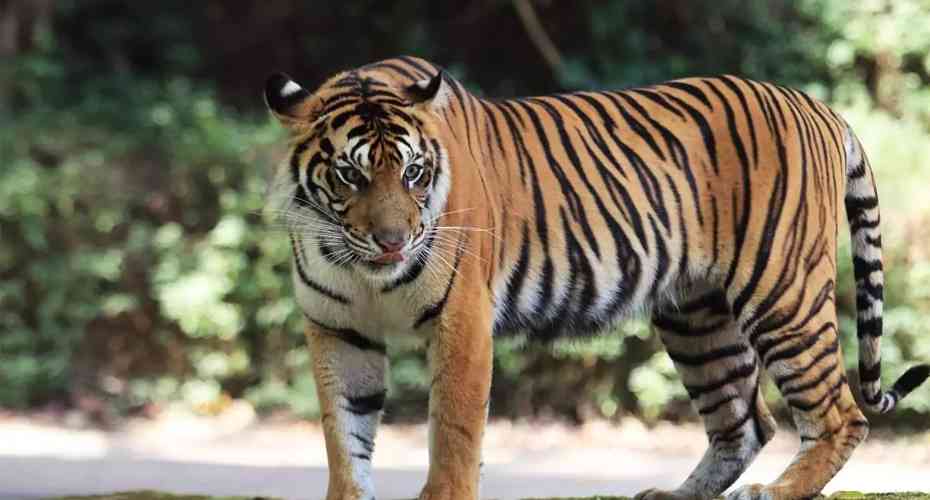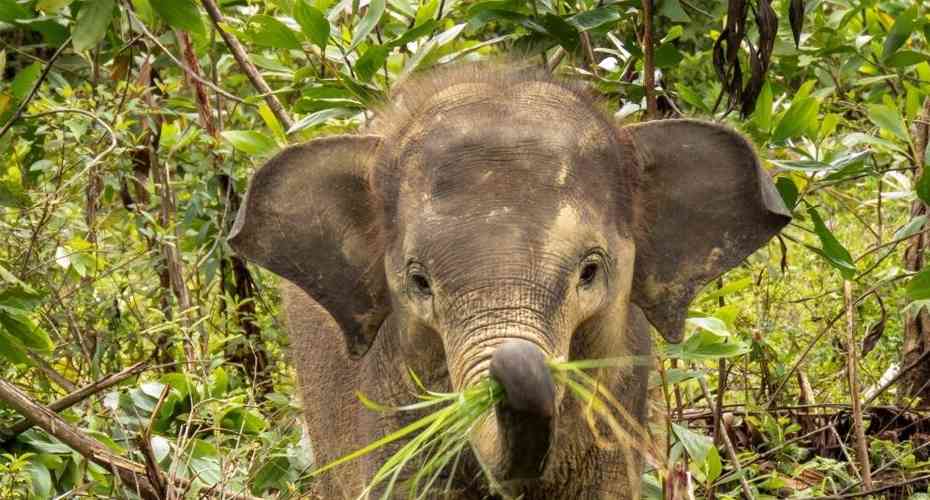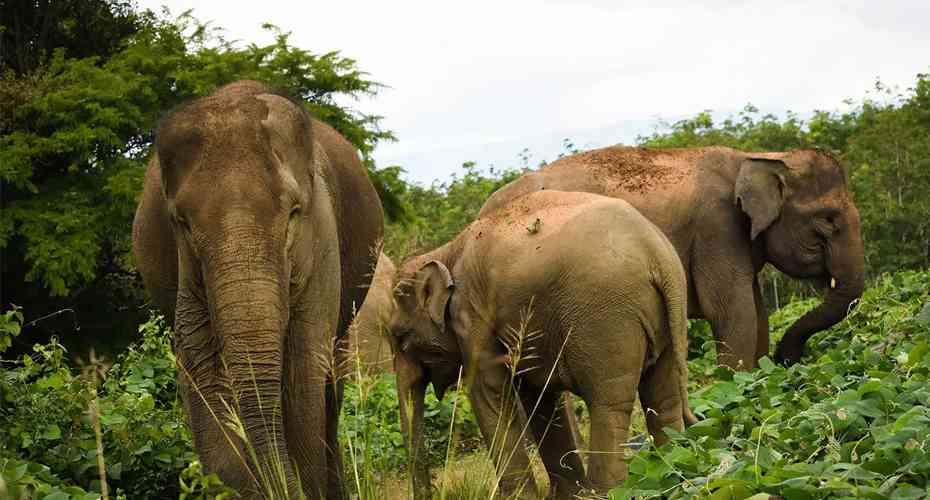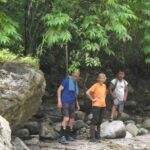Barumun Nagari Wildlife Sanctuary (BNWS) is a conservation and wildlife sanctuary located in North Sumatra, Indonesia, specifically in the Padang Lawas regency. It was established as a safe haven for the critically endangered Sumatran tiger (Panthera tigris sumatrae) and other native wildlife species.
Barumun Nagari Wildlife Sanctuary is located at Desa Batu Nanggar, Aek Godang, Kecamatan Batang Onang, Kabupaten Padang Lawas Utara, Sumatera Utara, Indonesia. Barumun nagari was established with the aim to preserve and preserve the wild animals that are not neglected. All heans in Barumun Nagari are kept alive in the wild, within the guarded and supervised area.
Barumun nagari Sanctuary Home to Elephant Herds
Barumun Nagari is a hidden paradise in Padang Lawas, North Sumatra, a landscape consisted of rainforest, savanna a perfect place for an elephant sanctuary.
Located in Northern Sumatra, Barumun Nagari Wildlife Sanctuary (BNWS) was established in April 2015 to create a sanctuary for mistreated elephants from throughout Indonesia. At the sanctuary, there are currently six elephants being rehabilitated. Here, their nutritional needs and health concerns are addressed as well as their mental health.
As a result of spending so much time on chains, and being denied any semblance of a natural life, the elephants developed post traumatic stress disorder (PTSD). Now these elephants have 32 ha. of jungle to roam, and sleep in chain free shelters.
The aim of the sanctuary is to provide a place of rest where the elephants can live with a sense of peace and dignity. This is the first program of its kind in the country and will hopefully serve as inspiration for others to give these magnificent animals the respect that they deserve.
Not only elephant but this Sanctuary also inhabited by Sumatra tiger, tapir, deer, black gibbon, birds and other kind of animal. This sanctuary give the animal peace and dignity.


Location
Located in Northern Sumatra, Barumun Nagari Wildlife Sanctuary (BNWS) was established in April 2015 to create a sanctuary for mistreated elephants from throughout Indonesia. At the sanctuary, there are currently six elephants being rehabilitated. Here, their nutritional needs and health concerns are addressed as well as their mental health.
Located in the Barumun Nagari area of Padang Lawas, the sanctuary lies within a strategic corridor of Sumatran rainforest, helping connect isolated wildlife populations.
As a result of spending so much time on chains, and being denied any semblance of a natural life, the elephants developed PTSD. Now these elephants have 32 ha. of jungle to roam, and sleep in chain free shelters. The aim of the sanctuary is to provide a place of rest where the elephants can live with a sense of peace and dignity.
This is the first program of its kind in the country and will hopefully serve as inspiration for others to give these magnificent animals the respect that they deserve. The sanctuary offers day visits, overnight stays, as well as a one week volunteer program.
Key Highlights of Barumun Nagari Sanctuary:
- Purpose: The sanctuary plays a crucial role in the rescue, rehabilitation, and conservation of wildlife, especially the Sumatran tiger. It aims to protect animals from threats like poaching, habitat loss, and human-wildlife conflicts.
- Tiger Conservation: BNWS has become known for rescuing Sumatran tigers that were injured, orphaned, or caught in traps. Some tigers are rehabilitated for eventual reintroduction into the wild, while others are cared for in semi-wild enclosures if release isn’t possible.
- Biodiversity: Besides tigers, the sanctuary is home to a variety of species including deer, sun bears, primates, and birds, helping preserve the ecological balance of the region.
- Education & Awareness: BNWS also promotes environmental education, raising awareness among locals and visitors about the importance of wildlife conservation and sustainable living.
- Eco-Tourism Potential: While not a typical tourist destination, the sanctuary occasionally opens for guided educational tours, allowing visitors to learn about wildlife protection in a responsible way.




